Open Afternoons at Holly Lodge Care Home. Last Thursday of the month, 2-4pm.
Click here to register your interestOak Lodge is an outstanding care home that feels more like a five-star hotel. Part of the family-owned and managed Forest Care group, Oak Lodge care home combines luxury living alongside specialist nursing, residential and respite care for the elderly, in a purpose-built environment. Located in the quiet surroundings of Hampshire, Oak Lodge has greenery and fresh country air to elevate the quality of life of its residents to even further standards.
All teams at Oak Lodge contribute to making the elderly residents comfortable and at home in our care home. We host many special events at Oak Lodge. Whether it’s enjoying a mad hatters tea party, eating a picnic on the lawn or participating in Mardi Gras, our residents get to enjoy fun food experiences throughout the year.
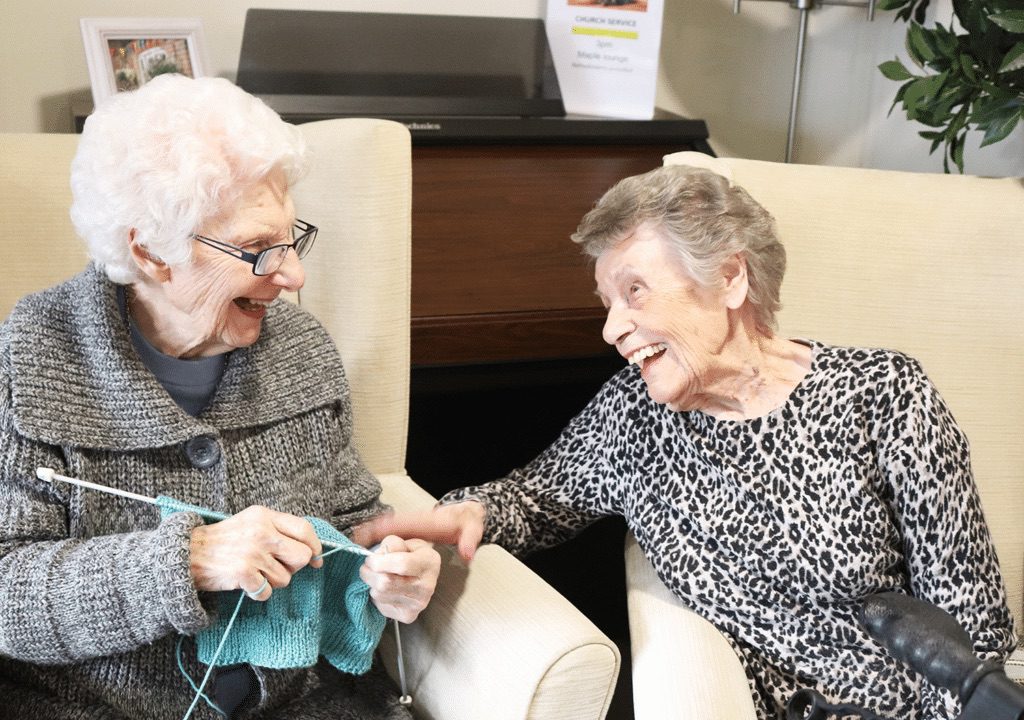
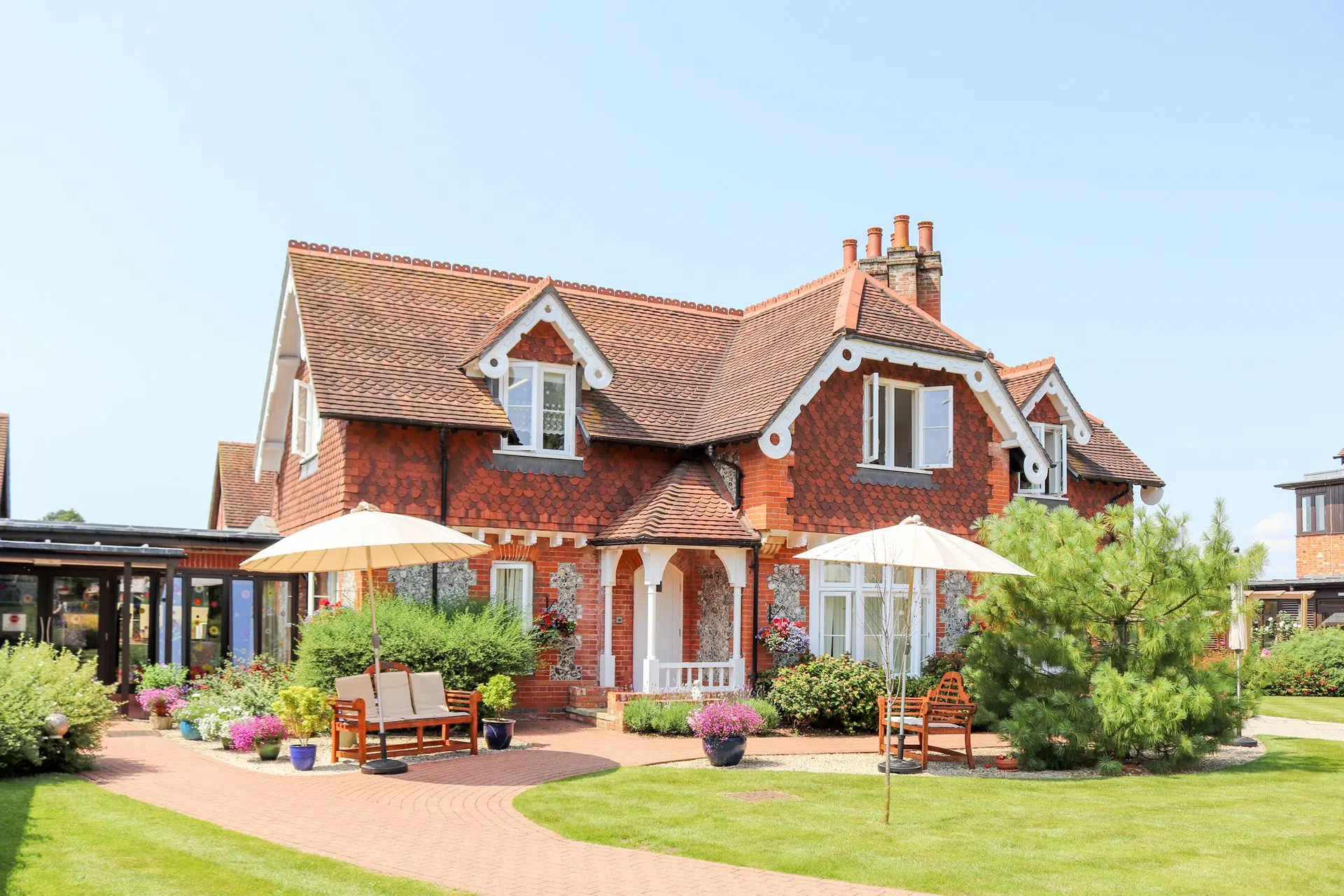
Listen to what Beryl has to say about her experience and the care at Oak Lodge: “I’m so grateful to my family for having chosen this place, it’s really lovely. The staff are friends, they do absolutely everything they possibly can to make me feel happy and contented. I cannot praise it highly enough.”
This is just part of the lovely feedback our residents have!
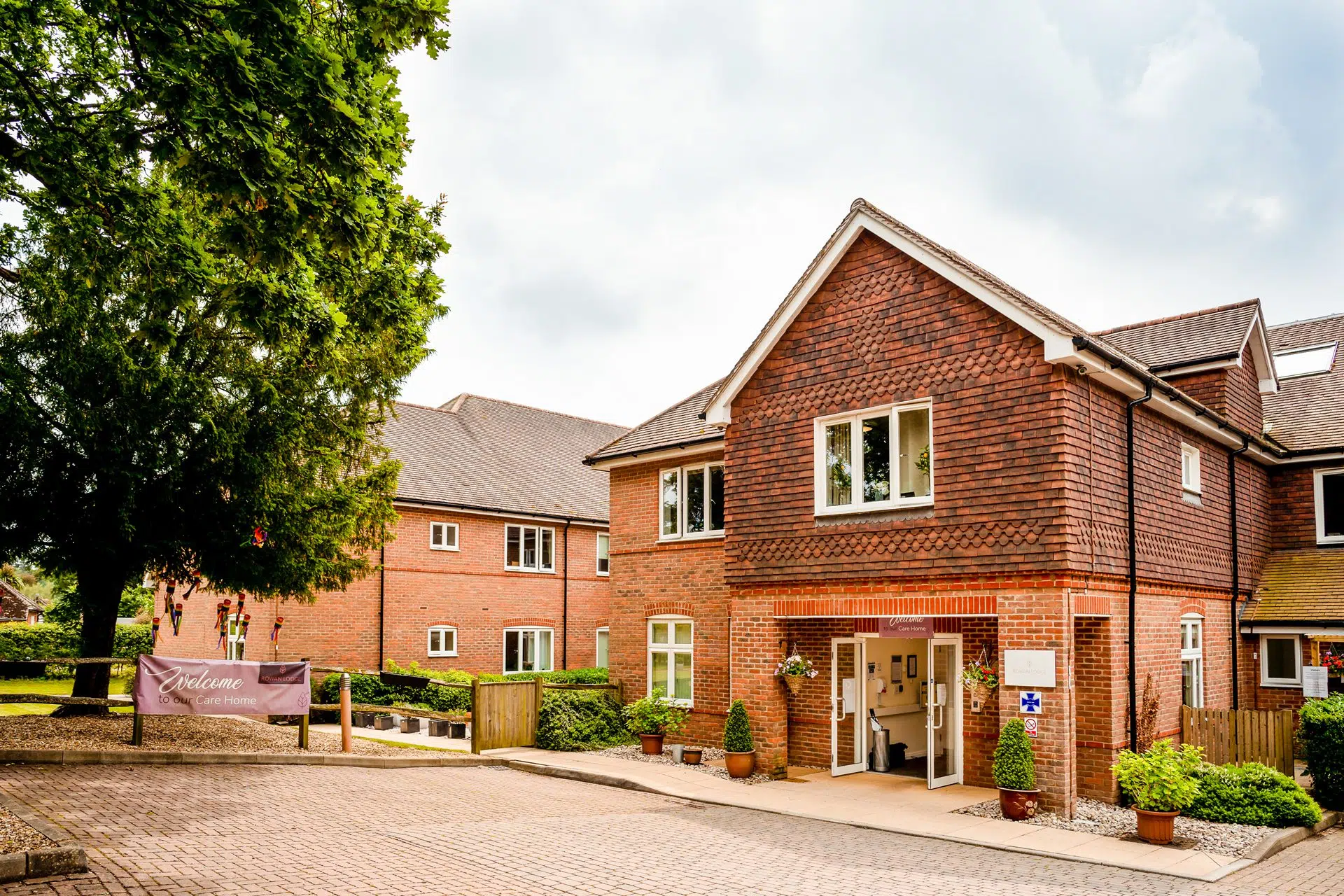
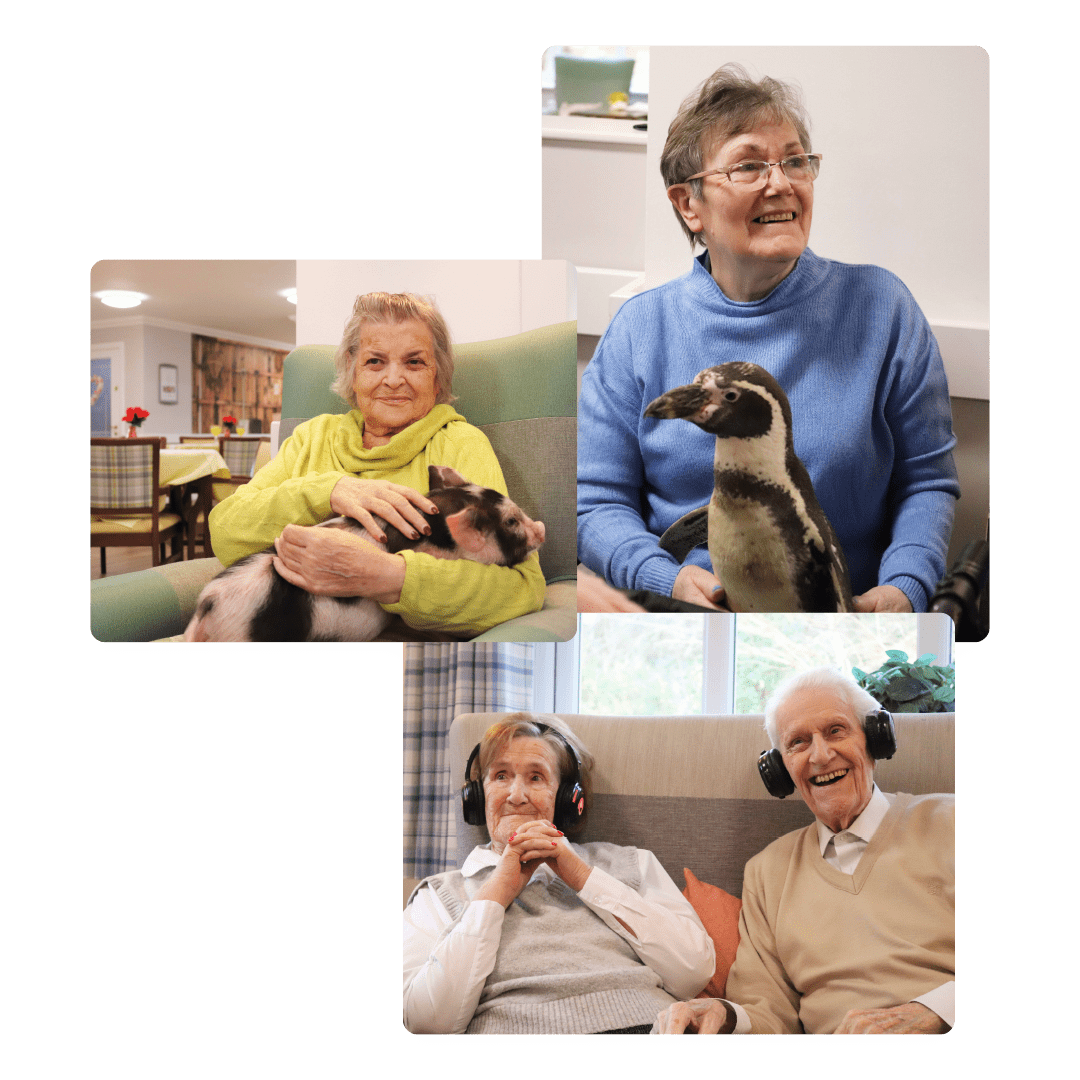
At Rowan Lodge we delight every resident and it’s family with the highest quality of care and planned activities and events. We look after our elderly residents both physically and mentally to ensure they feel at home at Rowan Lodge and continue a peaceful life outside of their own homes.
Set in the North Hampshire countryside, Rowan Lodge offers tranquillity, luxury living and security for up to 60 residents.
We update all our homes regularly keeping them modern but comfortable. The newly opened floor at Rowan Lodge with new refurbished bedrooms provides the residents with luxury and independency all while being able to access the care of our 24/7 on-site nurses.
Some of the kind words that Ann has to say about the care and team at Rowan Lodge; “They’re all very kind to us, and care for us in every way.”
We are proud to have such high reviews through our residents and their family members.



The newest addition to the Forest Care group will be welcoming its new residents in Autumn 2024. Elm Lodge is a luxury residential care home set in the beautiful Hampshire countryside. This Hartley Wintney care home carries the true values of Forest Care, a home that feels truly like home.
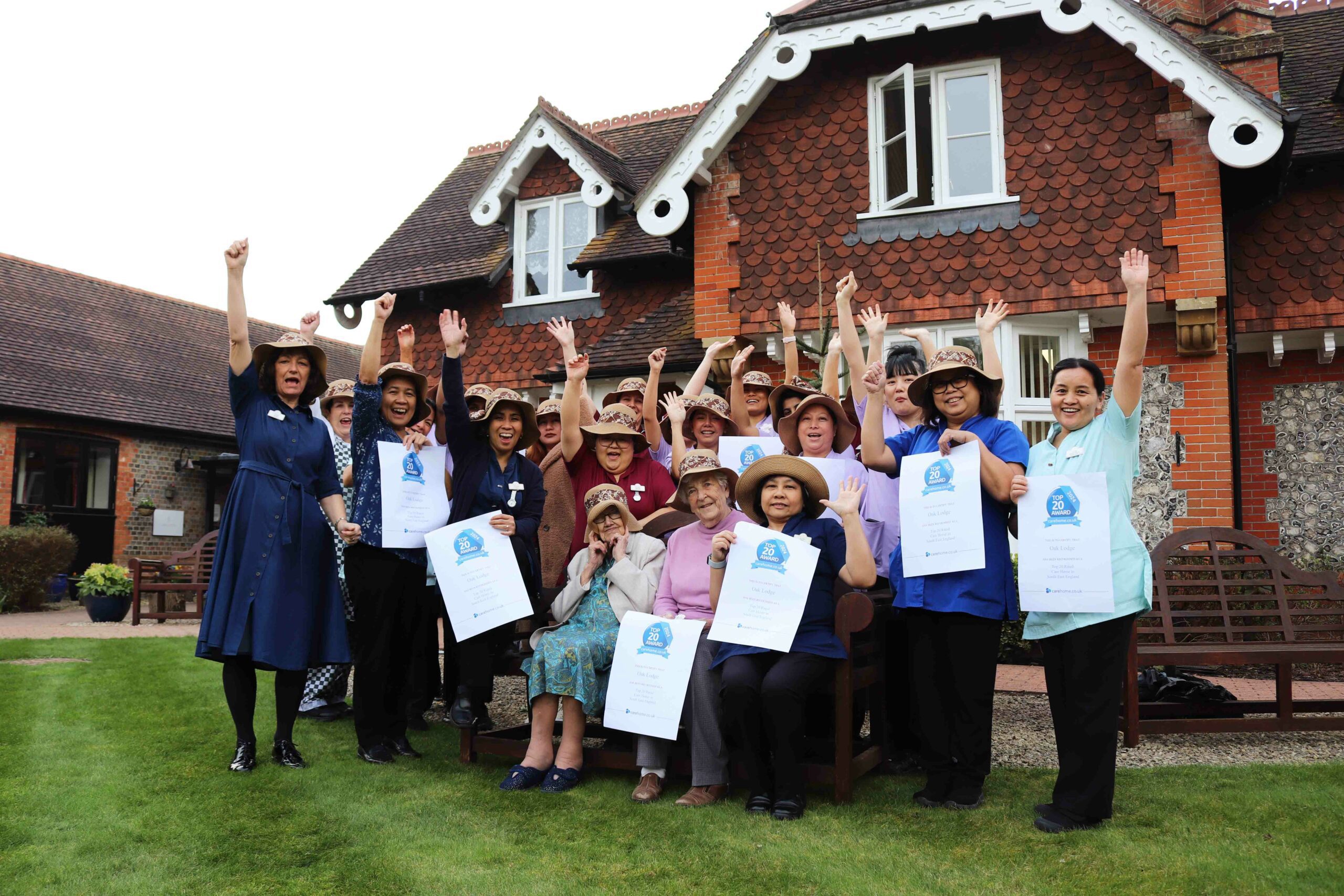
All of our care homes provide 24-hour nursing, residential, dementia and respite care, while Holly Lodge is our national and regional award-winning specialist dementia care home based in Surrey.
We intentionally hire more staff than the industry average to enable a relaxed environment for our residents where staff can deliver person-centred care. Click here for help on choosing a care home.
Oak Lodge, Rowan Lodge and Elm Lodge are our countryside care homes in a tranquil environment, making them the perfect homes for up to 60 elderly residents.
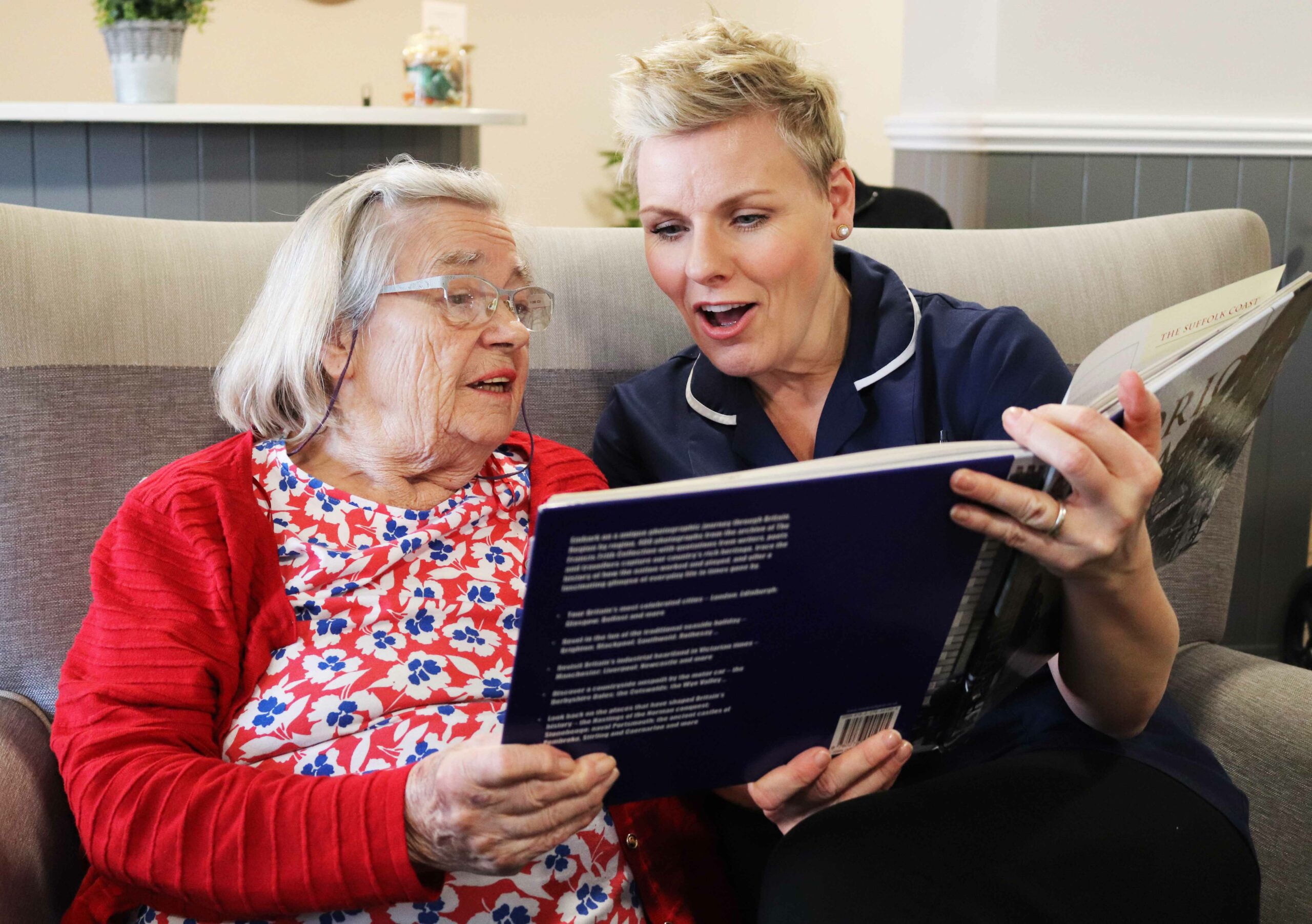
Forest Care has been caring since 1981. This means we run our homes with a breadth of experience and industry knowledge, combined with a family approach to care and management.
We listen to our residents and what they want from our care homes. Whenever possible, we strive to add a personal touch to the care we provide and activities available. We highly encourage visits to our care homes making a decision, visit the this page to book a visit and see if our Hampshire care homes can feel like home.
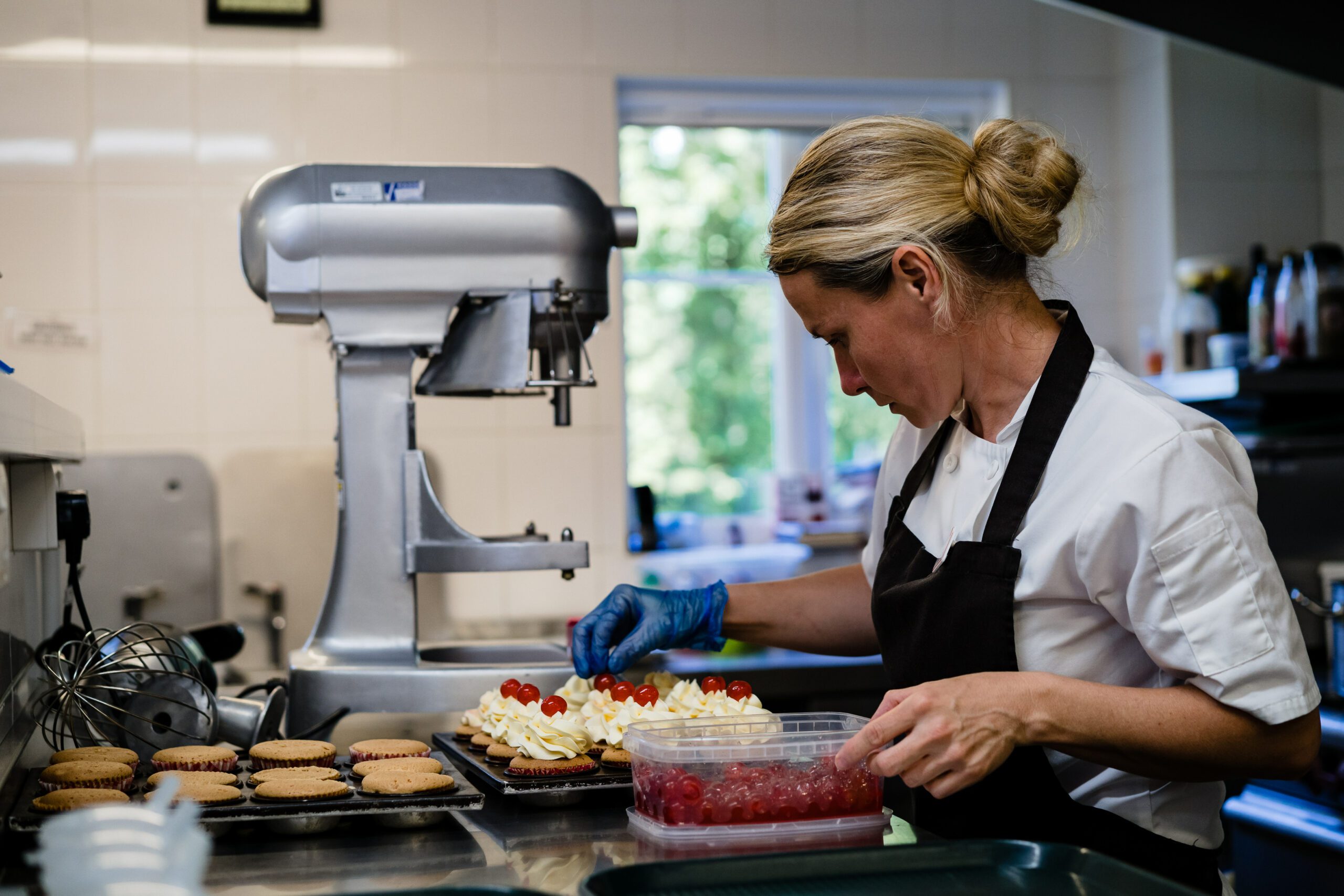
We always like to be transparent with our residents, their families and about our care. There are no deposits, hidden costs or fees with a Forest Care home. You only pay from the day of arriving to the day of leaving. There are also no additional costs for the complimentary therapies and care you’d expect from a care home, such as hairdressing, physiotherapy and day trips. Our Hampshire care homes aim there to make you feel as comfortable as at an own home.
To read further more about this package option visit our All-Inclusive Fees page.


Choosing to live in a care home is a very hard emotional decision for everyone involved. The right time to go into residential care can vary on the lifestyle of the person, the living and surroundings situation and the health, hygiene and personal care.
If life is starting to look lonely, difficult and unhealthy then residential care in a care home can help with companionship and all-around 24/7 care while being surrounded by nature, activities and home-away-from-home.
Based on the residents we have in our care homes, we can say that usually, it is a joint decision based on an individual’s assessed care needs. Typically that decision is based on whether the person can safely remain at home and look after themselves.
On most occasions, we have close family members on the lookout for a care home for their elderly parent, grandparent or other type of relative.
We want to support you through this decision-making process and provide you with all the information needed therefore highly encourage visits to our care homes or a quick chat beforehand. To get in touch visit our Contact page.
We highly recommend you take the time to see the care home, discuss it with our team and then let yourself decide on what is right for you. To choose a good care home you will be on the lookout for something that feels personal and a place that offers exquisite care. The care home requirements also purely depend on the person’s health and financial availability.
The first thing to understand is whether the care home offers the type of care needed for you. For more help and advice on our Hampshire care homes click here.
We encourage everyone to watch our virtual tours and book a visit to the care home before making a decision.
There are several different types of Dementia, with Alzheimer’s disease being the most common.
All types have different characteristics but understanding those and the different stages is very difficult. In general, there are 3 stages of dementia; early, middle and late, but there is another “7-stage” model that breaks cognitive decline down to more specific categories across those 3 general stages.
It is very important to remember though that the progression of dementia is different for everyone. Being able to determine roughly where a person might be on their dementia journey by helping identify signs and symptoms can help with understanding and also in determining the most appropriate care needs.
The 7 stages of Dementia are:
Nursing care is typically care that needs to be provided by qualified Registered Nurses such as wound care dressings, catheter care, sub-cutaneous medication administration and the like. Personal care is typically provided by carers and involves help with daily tasks such as washing, dressing, going to the toilet and so on.
Please contact us by email enquiries@forestcare.co.uk to enquire about our care services and new residents availability.